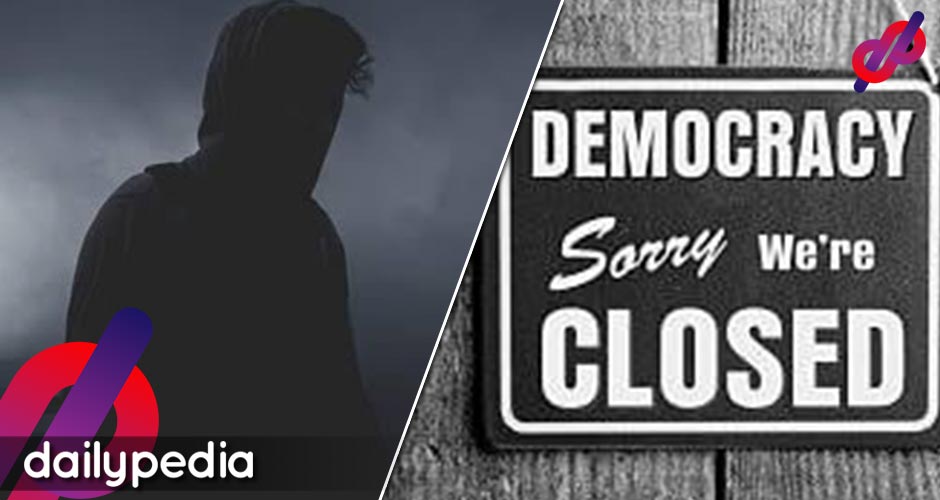With the election season racing towards a much-anticipated but feared-about conclusion, political fanatics are practically draining their energy down to the last drop–to ensure they accomplish what they envisioned it to be: bring back the dark ages.

Never argue with a fanatic, they say. Don’t expect them to engage in a sound, let alone intellectual discussion. Not too many ever escape the curse of engaging a fanatic. It does not take too long before what initially looks like a healthy discussion turns out to be toxic; ad hominem comments and slurs, here and there, become the closing phase of such a conversation, provided you can summon the courage to finally walk away.
Social media trolls, absolutists, and apologists operate nearly under the same scheme and intent, but let’s not get to shredding their technical details; they’re all forms of fanaticism, anyway.
There is no doubt that fanatics are children of religion; a result of zealous adherence to a belief, to which many dedicate their lives forever. The division is a common repercussion, and when people get divided by different beliefs, conflict ensues. People become eager to fight one another at all costs, and more often than not, reason doesn’t play a part.
Contrary to popular belief, being a fanatic isn’t a choice—or at least mostly. It’s a doing of an elaborate, goal-driven exercise. Fanatics aren’t your normal jobless guy who happened to spot a job opening and grab it. They are not always stupid as most may think. Some of them are university professors, long-time politicians, matinee idols, the singer of your most-listened-to Spotify track, or the hot guy you swiped right for on Tinder.
Many people are convinced that simply being dumb makes you an easy target to become a conduit for what the beneficiaries of fanaticism are hoping to achieve. Well, that notion is a sham.
While it has been previously said that fanaticism takes religion as its mother, religion itself isn’t corrupt, or at least should not be. Those who believe religion is the answer know that respect for differences, especially in beliefs, is a must.
Fanaticism eliminates humility in people. It instead gives rise to intolerance, which ultimately allows the thriving of absolute zealotry that no longer identifies or respects reason or established truths. That makes fanatics dangerous to democracy, and the freedom it offers. As fanaticism allows intolerance to prosper, the danger of democracy meeting its end becomes all-too-real.
With intolerance taking its toll on healthy conversations, the very foundations of democracy become threatened.
Although its worth-noting that democracy itself has something to do with the thriving of fanaticism and intolerance, the core of democracy needs to get preserved. Many people are inclined to believe that dictatorial regimes are where vicious fanatics evolve from, but they also operate and flourish, in democratic spaces, too.
Maybe partly to get blamed for the continuous proliferation of historical revisionism. It freely mushrooms through the navigation of fanatics and the Sith-inspired forces who either employ or inspire them
George Orwell, the English novelist, from which the term “Orwellian”—used to describe a government or political system that dictates what the truth is for its people—was derived, once said that: “He who controls the past controls the future. He who controls the present controls the past”.
Serving as a warning that whoever succeeds at rewriting history will be able to rule the present and the days beyond.
A glaring premonition becomes increasingly realistic with every new construed lie that fanatics help metastasize. It needs to stop.
Fanatics ensure the return of the dark age or the part of our history where intolerance ruled and killed all forms of freedom. While democracy bestowed what could be the most tangible blessing any citizen of a country can ever receive, fanatics are equally reaping the benefits to historical revisionists’ pleasure.
While we enjoy almost unlimited access to the past because of democracy, there is no solid assurance that the memory’s security will remain embedded, even in a tight democratic space.
The public or the online users must continue to get their version of events, make it to the headlines, and that any form of the historical distortion gets squashed even before the first spreader gets it to the next.
That may be the only reason in putting the right person in the Malacañang, of course, to ensure that the democracy is kept alive and that history kept from repeating itself.


